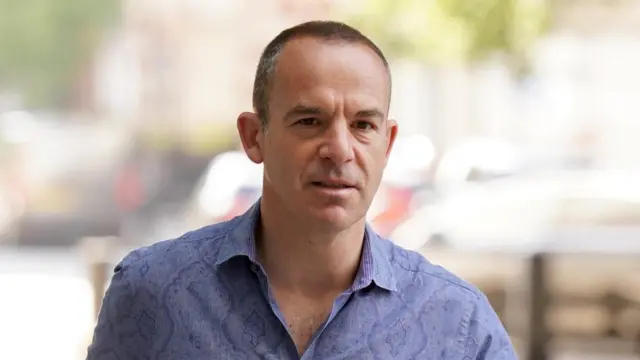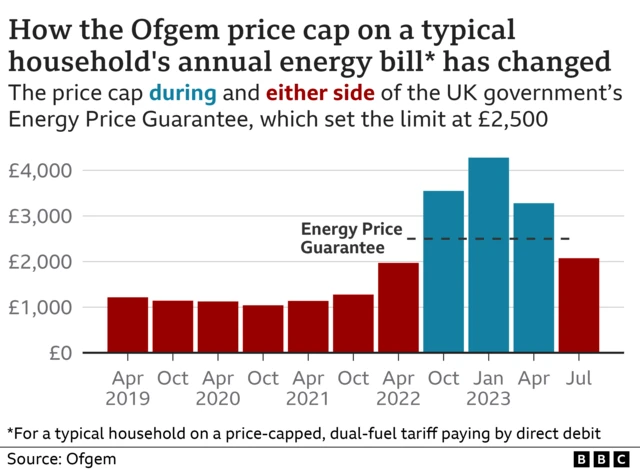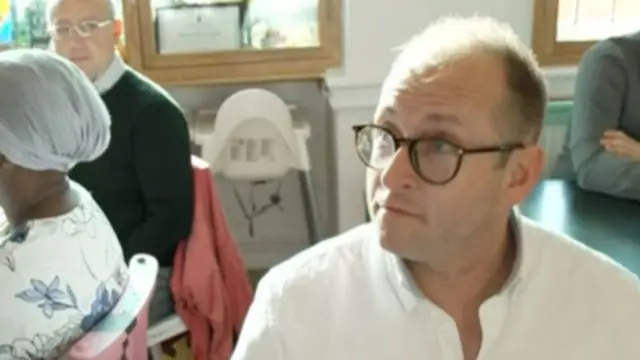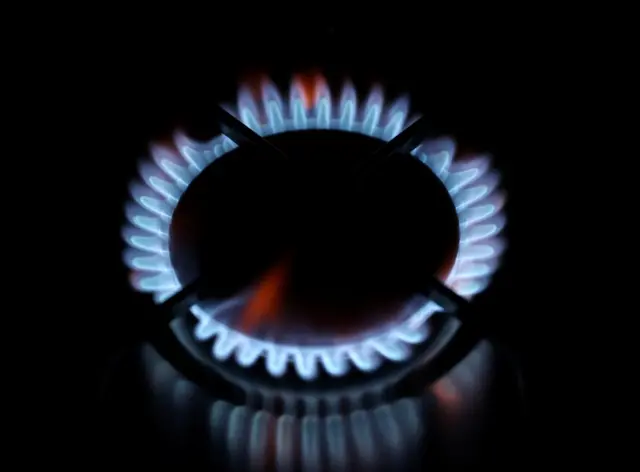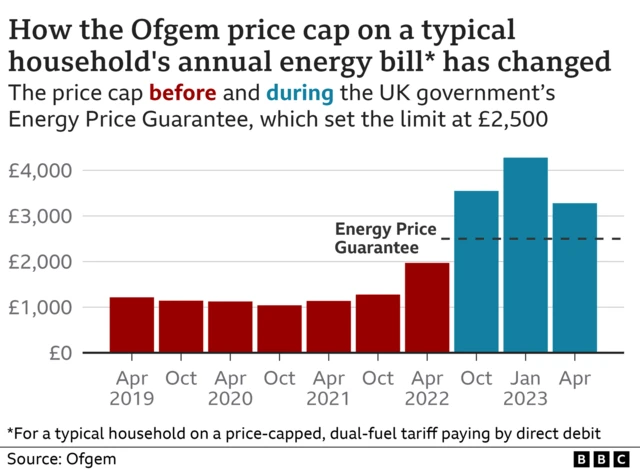Energy deals likely to look different in future, warns Martin Lewispublished at 08:21 BST 25 May 2023
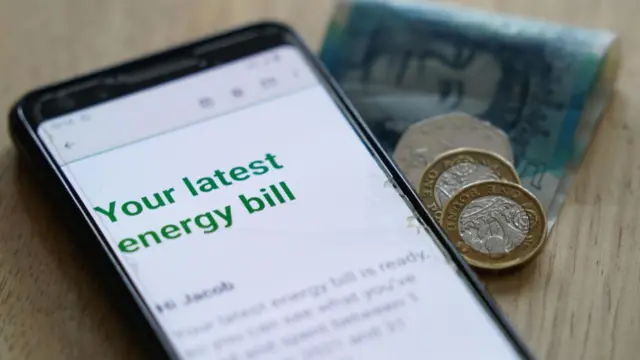 Image source, PA Media
Image source, PA MediaWith the energy price guarantee "no longer relevant" from the beginning of July, and the fall in the energy price cap, the energy market should become more competitive once again.
But Martin Lewis believes deals offered by energy companies could look a bit different in the future.
"I am expecting to see existing customer offers - where you will get a bespoke offer from your firm rather than deals offered across the market," he tells Radio 4.
"One of the big problems with that is [not only] that it diminishes competition, but also the rules say that companies do not have to publish the details of their existing customer offers - which means people like me find it very difficult to assess them.
"You can't tell people whether they are worth it or not. I think we need a rule change on that as the market has changed."
